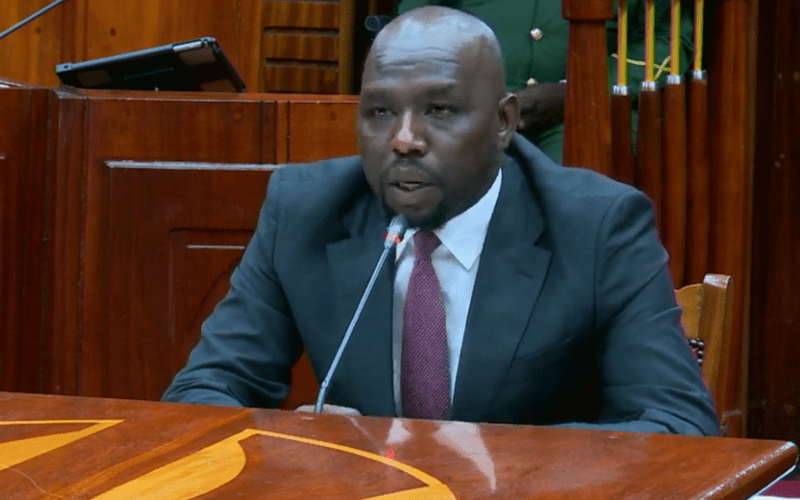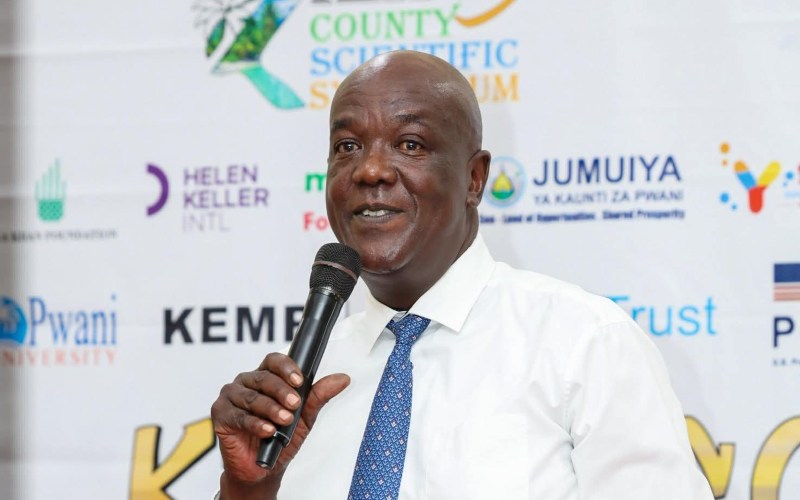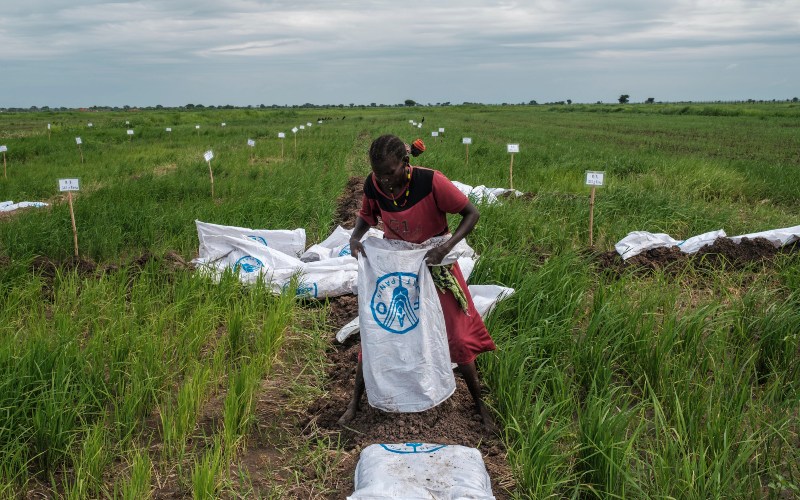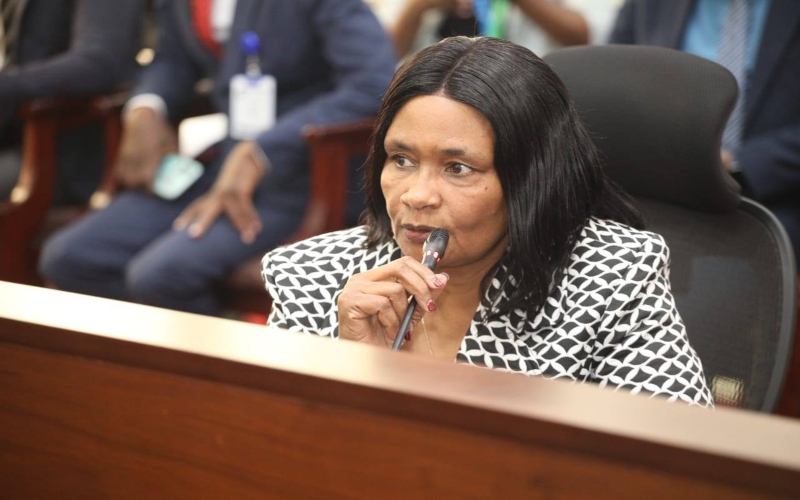Murkomen urges Parliament to probe KECOBO over alleged corruption in artists' royalties

He acknowledged that while the issue falls under the Ministry of Arts and Culture and Gender, it remains a personal concern.
Sports Cabinet Secretary nominee Kipchumba Murkomen has called on Parliament to conduct a comprehensive investigation into the Kenya Copyright Board (KECOBO), alleging significant corruption in the organisation in handling artists' royalties.
Appearing before the Committee on Appointments on Saturday, Murkomen noted that the entities tasked with collecting royalties should not operate without government oversight on what is being collected.
More To Read
- Kenya saves Sh16.5 billion as EACC strengthens anti-corruption measures
- 152 officers fail integrity tests as EACC flags widespread ethical breaches
- Bill targets unsafe pesticide sales on online platforms
- EACC intensifies war on corruption, recovers Sh3.4 billion in assets
- EACC seeks access to mobile money data, more powers to fast–track graft cases under new bill
- EACC report exposes billions lost to corruption in state agencies, counties
"There is a problem with royalties issues for our musicians and performing arts and that responsibility is very important that we sought out corruption in the Collective Management Organisations (CMOS). The people who have been given the contract to collect, we should not give them a free hand to collect and distribute without the government having a view of what is being collected," Murkomen said.
He acknowledged that while the issue falls under the Ministry of Arts and Culture and Gender, it remains a personal concern.
"This is an issue that Parliament should take up seriously. I know it's not in the ministry that I've been proposed to, but it is something that I've been following personally, and I hope that the KECOBO Board will be a bit more serious," he said.
He further criticised the handling of CMOs and resource distribution, emphasising that artists should benefit from their hard work.
"There are significant corruption-related issues regarding the identification of CMOs and the distribution of resources. People must be able to earn from their hard work, so to speak," Murkomen said.
In February, KECOBO released a comprehensive report on royalty distributions, sparking debate over fairness and transparency in the creative sector. The report revealed notable discrepancies in artist payments, pointing to a systemic issue in royalty management and distribution.
According to the Copyright Collective Management Organisations (CMO) Regulations, CMOs are mandated to allocate at least 70 per cent of their collections to rightful copyright owners. However, KECOBO’s findings showed a significant deviation from this standard, with many artists receiving far less than they were owed.
For instance, artist Rehema Lugose received Sh757,092, while she should have been entitled to Sh4,540,000 under the 70 per cent rule. Similarly, musician Reuben Kigame was paid Sh122,410, though he should have received Sh734,460.
Other artists across various genres also reported similar underpayments, underscoring a broader issue within the CMOs' administration.
Additionally, regions such as Coast, Nyanza, and Central were either inadequately represented or completely left out of the distribution, raising concerns about regional bias and inclusivity.
Top Stories Today












































